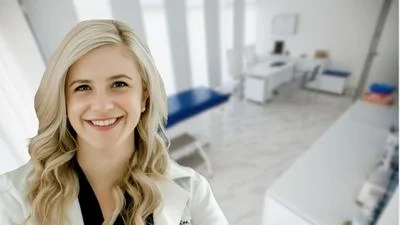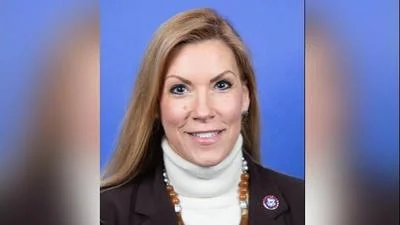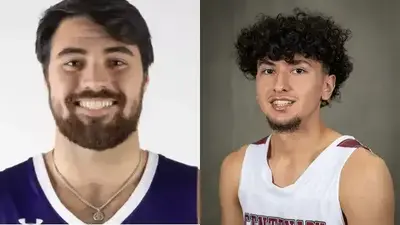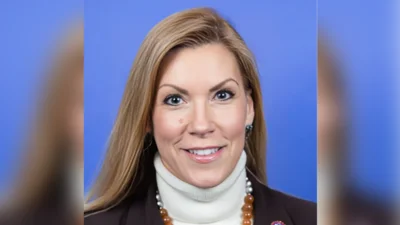University of Texas Southwestern Medical Center will not say if it still has a list that includes patients who would receive favored treatment.
University of Texas Southwestern Medical Center will not say if it still has a list that includes patients who would receive favored treatment.
The University of Texas Southwestern Medical Center admitted to keeping a list of important people who would receive favored treatment in 2007, which leads observers to wonder if the medical center still maintains that list. The question is relevant, given the current medical crisis that is unfolding around the world and in the United States.
With a shortage of ventilators and the rapidly spreading COVID-19 pandemic, it was a question Dallas City Wire wanted to explore. The publication reached out to Jenny King, director of public affairs at UT Southwestern to find out but King did not respond to requests for comments.
In a 2007 news report from the Dallas Morning News, a representative of Baylor Health Care System called the move unusual, if it were true.
"What they're doing is unusual. It sounds to me like they have a prospective list rather than people they already know through volunteers, board relations, donors or something like that," said Jennifer Coleman, senior vice president of Baylor Health Care System, in the Morning News article. "Most [hospitals] do keep track of board members and donors, but we do not have a target list. What they are doing is something I've never heard of.”
The Medical Center in 2007 had a list of 6,400 individuals who were influential, wealthy or politically connected, and used the list, according to the Morning News, to flag potential donors for special treatment, such as an escort to their appointment, free parking, and a personal greeting. People on the list do not receive better medical care, the news story said.
The newspaper said the program was set up by the Special Assistance Office when the medical center expanded its clinical services, according to Dr. John McConnell, then executive vice president for health system affairs at the medical center.
Individuals who are in the program can use an unlisted number to set up appointments or reach a doctor on the weekends or after hours and will get a prompt return call from a UT Southwestern physician. Other patients will get the general answering service and might be referred to an emergency room but may not meet that doctor at the hospital.
McConnell told the paper that did not mean that those individuals were receiving special medical treatment.






 Alerts Sign-up
Alerts Sign-up